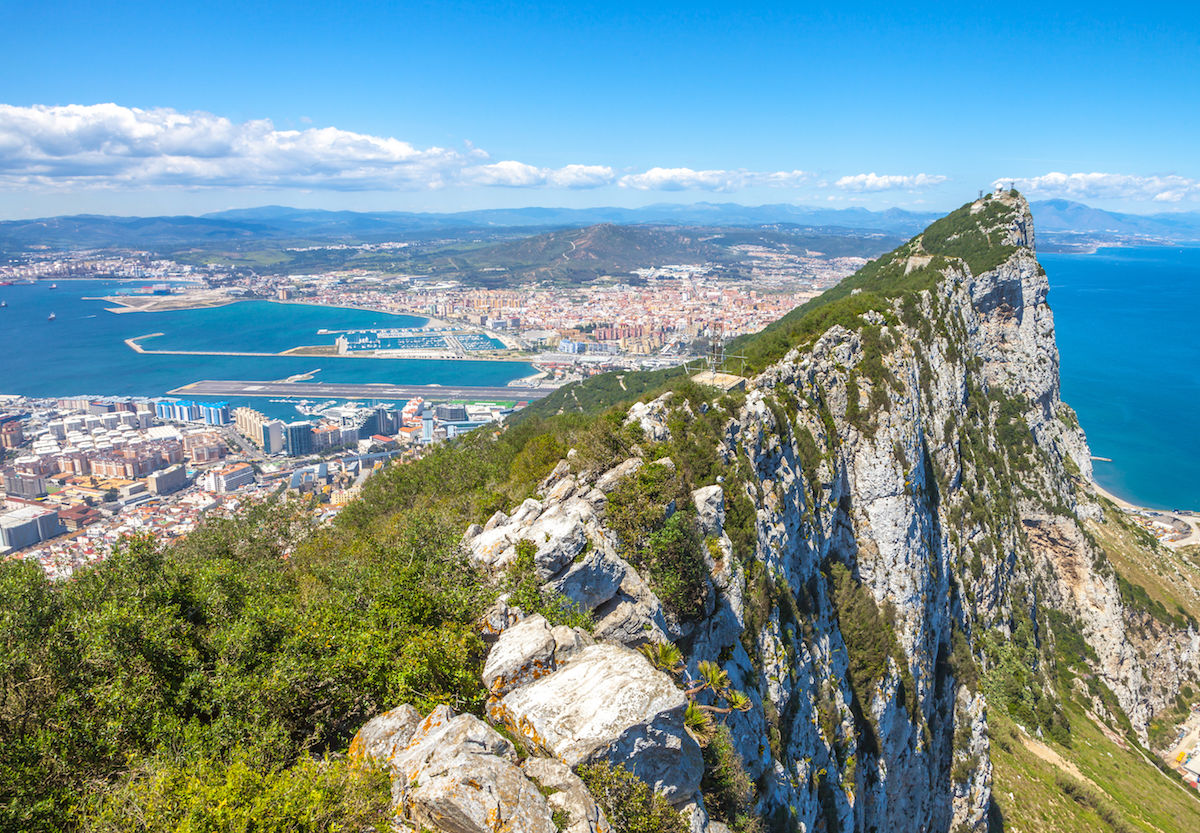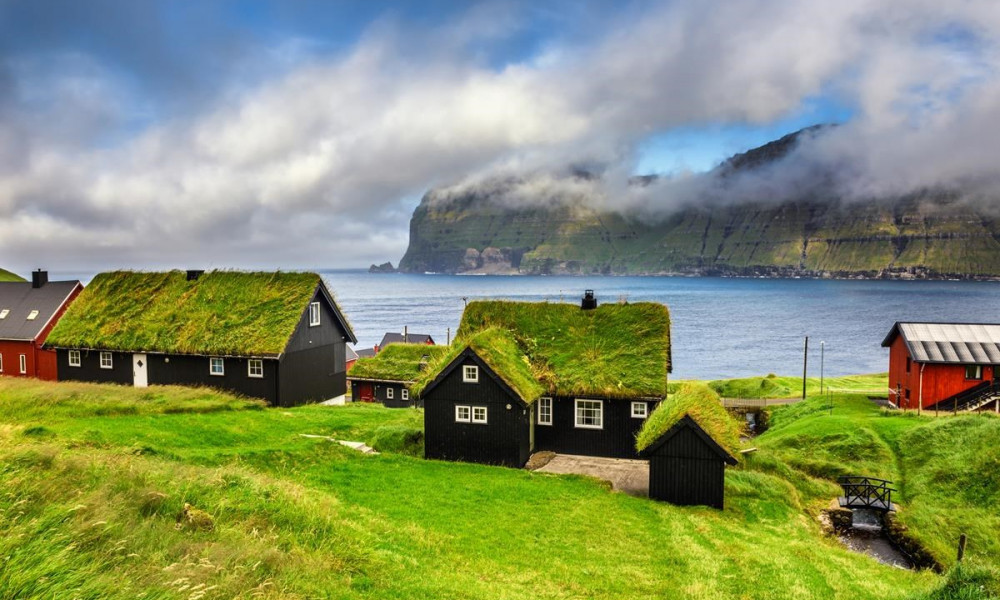Upon a cursory glance on a world map one can fail even to notice some states let alone if their names aren’t household words. But OUTLOOK believes that there is no such thing as unexciting place in this world… This is why today we came up with a feature for you about ‘how and what’ makes tick those states that you probably haven’t even heard of.
Faroe Islands
This is the state of fifty thousand citizens within the Kingdom of Denmark but it is far from Denamrk not only geographically but also politically. In fact for over a century Faroe officials decide all the issues but military ones themselves. And although islanders are believed to be as nearly as Scandinavians, having visited the place you realize that it is as authentic and environment-friendly version of, again, Denmark or Norway as possible. 17 out of 18 islands that the country is situated on are inhabited and make for best representation of pristine northern fauna. Therefore on the Faroes they live the same life as some five centuries ago – adverse factors of civilization with its factories and plants have hardly made it to there. The economy’s main sectors are pastoral industry and fishery. However, you need to understand that on the islands they make use of technology benefits and comfort: significant GDP per capita – about 50 thousand dollars annually – allows northerners live as good as their continental brothers do. To speak shortly of reason to go there, principal one is to feel that you are on the end of the Earth. Or may be it is already a different planet – fresh, with unearthly landscapes yet very much fit for full life. Let us add that people there are special, too – welcoming, open and they do not lock their homes at all. Well, enough said is merely with the fact that less than 10 persons do prison time in the whole state… Photo blog.atakdomain.com
Photo blog.atakdomain.com
Tuvalu
These are islands, too, but on the other side of the globe in the Pacific Polynesia. After it gained independence from the United Kingdom in 1978, it remained being officially governed by Queen Elizabeth II. Eleven thousand people live there; they mostly make money from agriculture and… from use of the domain “tv”. The thing is, various television companies like using .tv domain for the sake of simplicity but in the process of distribution Tuvalu got it, courtesy of the state’s name. However when in 2000s ‘world wide web’ was winning the world, enterprising citizens of the island decided to rent the address for money. Nowadays amounts of money received for such leasing surmounts 2 million dollars a year which constitutes one tenth on the tiny state’s budget. Curiously, back in 1980s – 1990s when large-scale Internet usage was pretty distant and people had fun otherwise, Tuvaluans – for money, of course – allowed using their code +688 to companies specializing in ‘phone sex’. This is how amusing these guys are – despite the fact that given almost perfect weather conditions, tourist business is poorly developed, they know how to make money on other things. Tuvalu is also interesting because you won’t find a single railroad kilometer there, at that highways stretch for as much as 8 km. Well, islanders have respect for other kind of connection, modern one, where one can become rich on a simple letter coincidence. Photo tourismobserver.blogspot.com
Photo tourismobserver.blogspot.com
Gibraltar
Another British Overseas Territory established as a strategically significant state with the territory of merely 6 square kilometers. About 30 thousand people live there, and their lives in this or that way are connected to the namesake strait that Englishmen, Frenchmen and Spaniards shed quite some blood for. As of today there is no conflict as such however there are so-called ‘disputable areas’. Economy of Gibraltar is almost entirely tied to maintenance of the British military base and vessels repairing. As to major landmarks there is highway airport (the road is shut for cars when planes take off and land) and monkeys. Primates are believed to be national heritage of Gibraltarians because there is no country in the world where they live in the wild. By the way, legend has it that the state shall exists as long as the last monkey remains alive there. Currently there are about 240 of them and it was Winston Churchill himself who ordered to take care of the animals in his decrees. He must have believed in the legend, too. Photo matadornetwork.com
Photo matadornetwork.com
Nauru
The world’s only state without a capital. It is probably sad because a single coordination centre is a key to stability of some kind. And this is something Nauru lacks – some thirty years ago the country used to rank among the world’s richest due to phosphorites deposits. But unreasonable use of resources exhausted the islands in merely a couple of decades and there are almost no minerals there now. It resulted in the sate’s transfer from first world states list to the one of fourth world states. Today unemployment and economic crisis make people abandon their native territory and head for Australia or other Oceania countries in pursuit of better life. Nowadays only 10 thousand citizens remain there and given heavenly environmental conditions they have difficulties engaging in anything else but agriculture. Nauru isn’t the most pleasant place for tourists so far, because there is nearly no infrastructure for leisure; also, remains of serious industrial activities aren’t the best background for holiday pictures. Nevertheless, natives, who still remember “money-rich” times keep good hearts and believe they are going to get lucky again some time. Photo globustur.spb.ru
Photo globustur.spb.ru
Sealand
Even in our exotic selection Principality of Sealand stands alone – its basis is abandoned British platform Roughs Tower in the North Sea. It was built for military purposes but it wasn’t used in any way after World War II and was standing intact until September, 2, 1967 when retired British major Paddy Roy Bates seized it to proclaim himself a monarch and his family a reigning dynasty. A year later official authorities of the state decided to take back the platform and sent several patrol boats to Sealand however Bates who had military experience put a bold face on and scared away uninvited guests with several cautionary blasts. All in all, since then the virtual state takes pains to become a real one: its nationals issue their own currency, adopted constitution and even took several coup attempts. More to that, some states, among them Belgium and Federal Republic of Germany, partly recognized the principality. Photo globetourism.ru
Photo globetourism.ru
Cover photo wanderlust.co.uk

 Photo blog.atakdomain.com
Photo blog.atakdomain.com Photo tourismobserver.blogspot.com
Photo tourismobserver.blogspot.com Photo matadornetwork.com
Photo matadornetwork.com Photo globustur.spb.ru
Photo globustur.spb.ru Photo globetourism.ru
Photo globetourism.ru




















